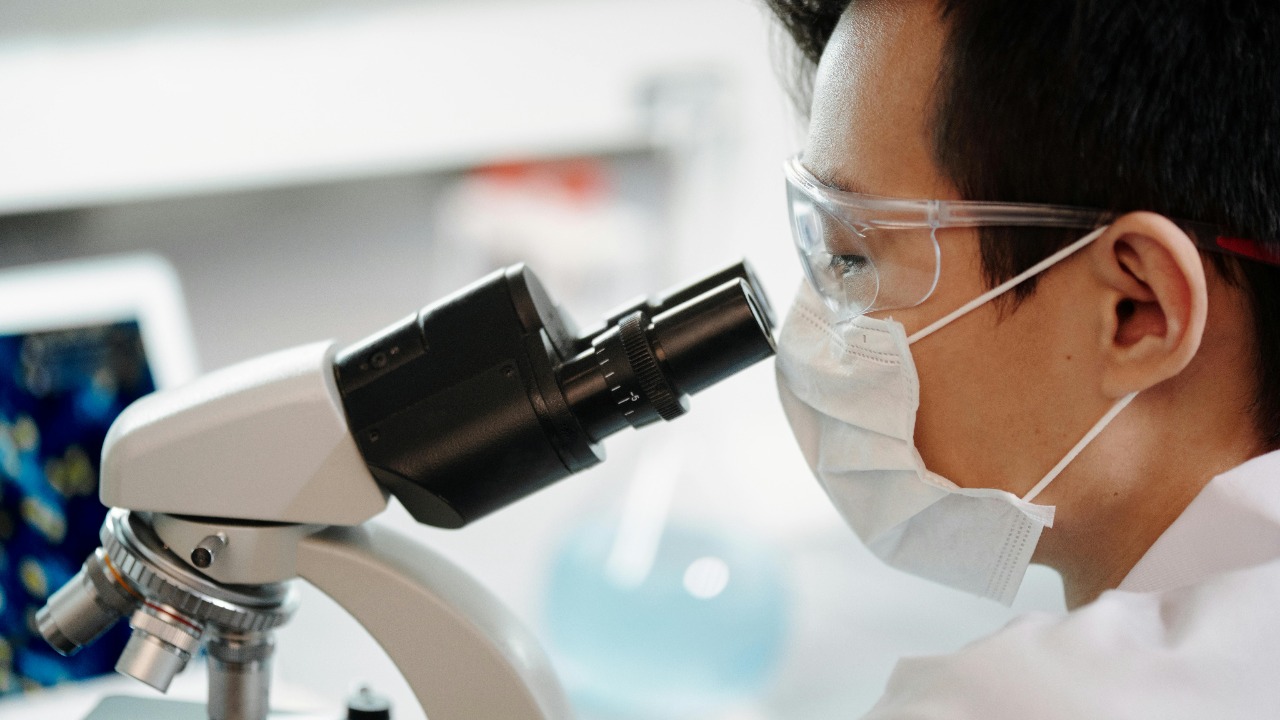
The revolutionary CRISPR technology is not merely a scientific curiosity but is actively reshaping human health today. By precisely editing genes, it offers unprecedented possibilities for treating diseases that were once considered untreatable. Here’s how CRISPR is being used to modify human biology in remarkable ways.
1. Gene Therapy for Rare Genetic Disorders

CRISPR is being used to target and correct mutations in genes responsible for rare genetic disorders. For example, researchers have employed CRISPR to successfully treat conditions like cystic fibrosis and muscular dystrophy in experimental settings. By directly editing the faulty genes, CRISPR offers hope where traditional therapies have failed.
In clinical trials, CRISPR-based therapies are showing promise for diseases such as sickle cell anemia and beta-thalassemia. These trials aim to replace defective genes with corrected versions, effectively treating the root cause of these conditions rather than just managing symptoms.
2. Enhancing Disease Resistance

One of the exciting applications of CRISPR is enhancing disease resistance by editing genes to better equip the human body against infections. For instance, scientists are developing crops with enhanced resistance to pests and diseases, and similar techniques are being explored in humans. By editing genes associated with immune responses, CRISPR could potentially make us more resilient to illnesses.
Research is underway to modify genes that could reduce susceptibility to conditions like HIV. By targeting specific genetic markers, CRISPR offers a pathway to developing more effective vaccines and therapies that bolster the body’s natural defenses.
3. Personalized Cancer Treatments
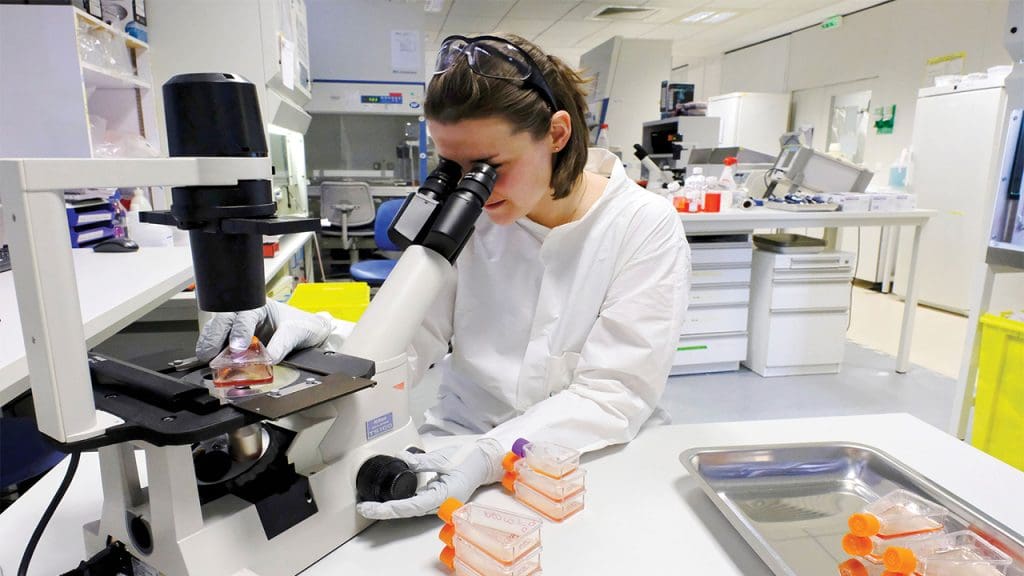
CRISPR technology is paving the way for personalized cancer treatments by allowing for precise modifications of cancer cells. This enables the development of treatments tailored specifically to an individual’s genetic makeup, increasing the effectiveness of the therapy.
In trials, CRISPR has been used to modify immune cells to better recognize and attack cancer cells, showing promise in treating leukemia and other cancers. These personalized approaches could revolutionize how we treat cancer, making therapies more effective and reducing side effects.
4. Tackling Genetic Blindness
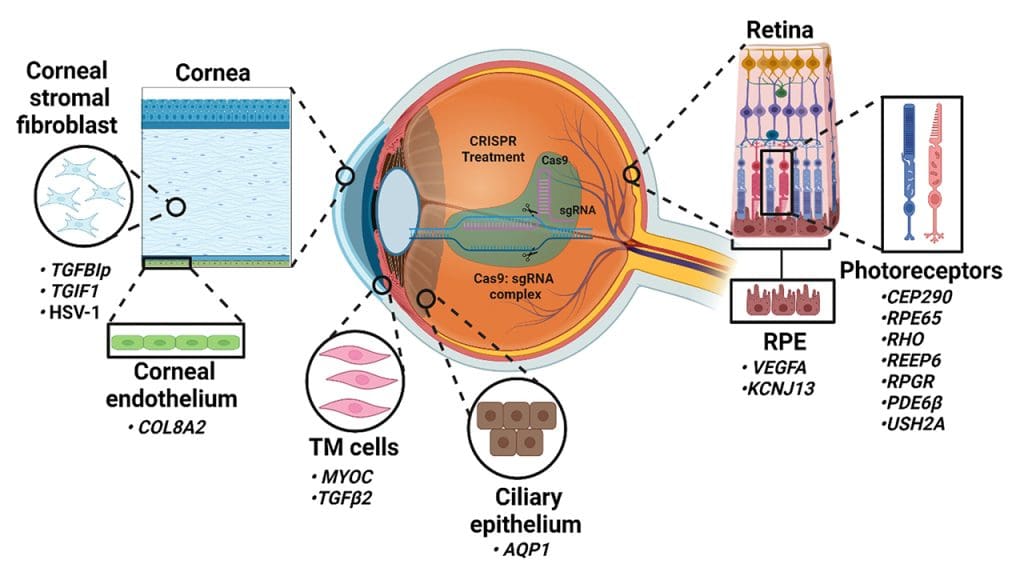
CRISPR offers hope for those suffering from genetic forms of blindness. Researchers are working on using CRISPR to correct mutations in genes that lead to conditions like retinitis pigmentosa and Leber congenital amaurosis, which can cause vision loss.
Clinical trials are already underway, with early results suggesting that CRISPR could restore vision by repairing the defective genes. This marks a significant step forward in treating blindness at the genetic level, offering the potential for lasting and meaningful improvements in quality of life.
5. Addressing Blood Disorders
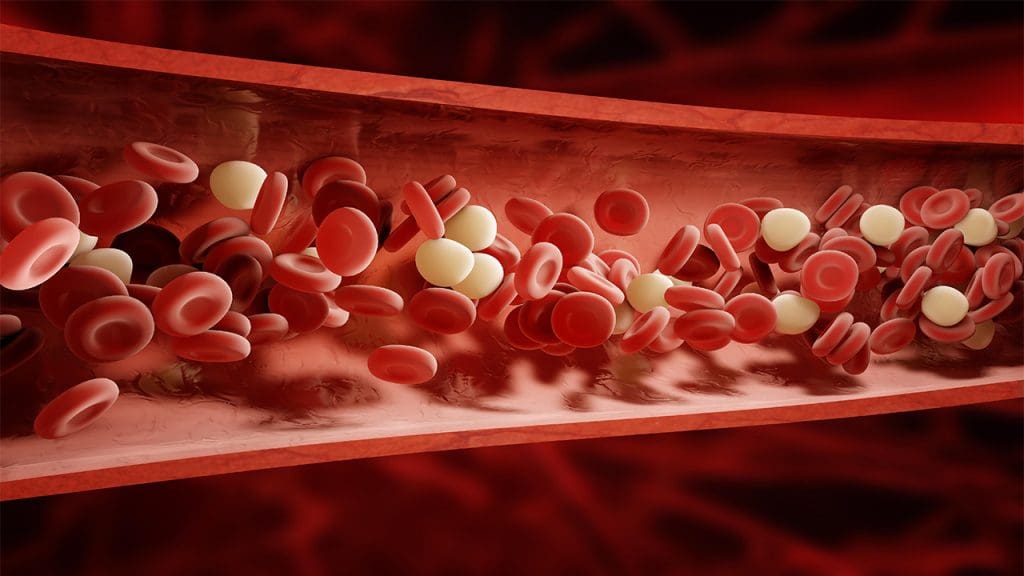
CRISPR is making strides in the treatment of blood disorders such as hemophilia and sickle cell disease. By editing the specific genes responsible for these conditions, researchers aim to provide a permanent cure rather than temporary relief.
In recent studies, CRISPR has been used to successfully increase the production of fetal hemoglobin in patients with sickle cell disease, reducing symptoms and improving quality of life. This approach highlights CRISPR’s potential to transform how we approach genetic blood disorders.
6. Developing Organ Transplants
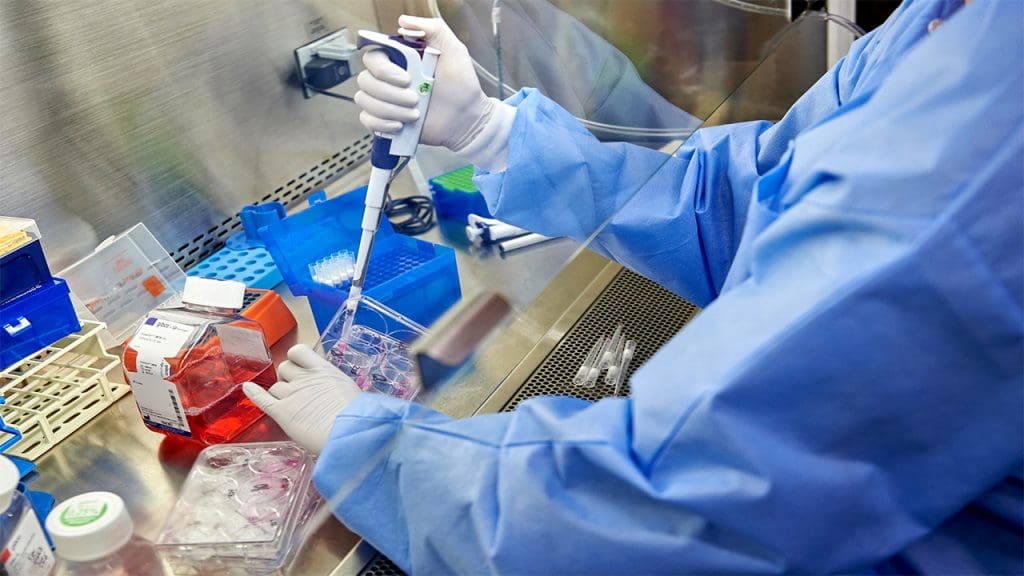
CRISPR is also being explored in the realm of organ transplants. By editing the genes of donor organs, scientists hope to reduce the risk of rejection and increase compatibility with recipients.
Research is focused on modifying genes in pig organs to make them suitable for human transplantation, a process known as xenotransplantation. If successful, this could alleviate organ shortages and save countless lives by providing more options for those in need of transplants.
7. Improving Cardiovascular Health

CRISPR technology is being harnessed to tackle genetic factors contributing to cardiovascular diseases. By editing genes associated with cholesterol levels and blood pressure, CRISPR could help prevent heart attacks and strokes.
Studies have shown that CRISPR can effectively modify genes that control cholesterol levels, reducing the risk of heart disease. This could lead to new treatments that target the genetic basis of cardiovascular health, offering a proactive approach to managing heart conditions.
8. Combating Viral Infections
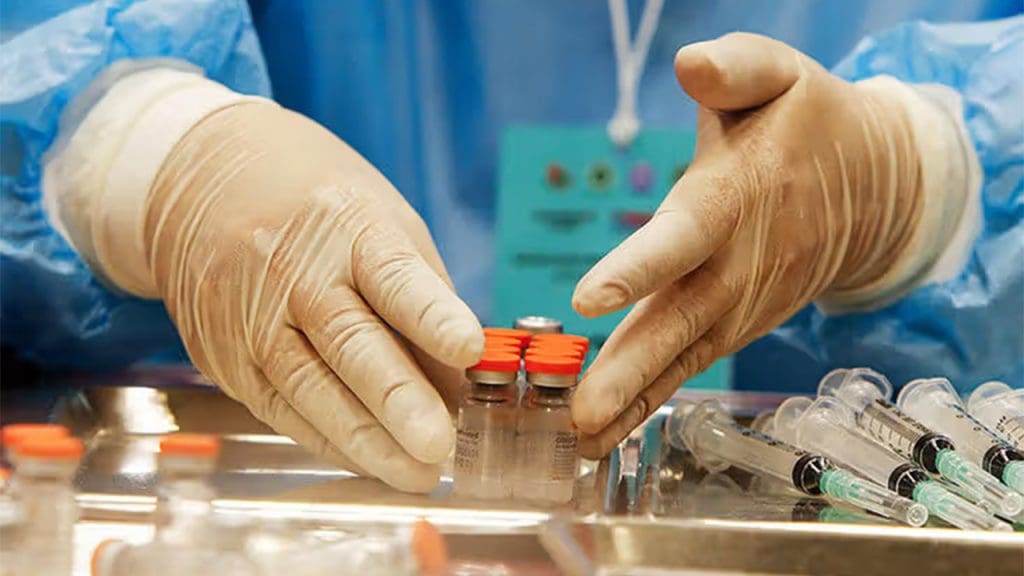
CRISPR’s ability to target and cut viral DNA makes it a powerful tool in combating viral infections. Researchers are exploring its potential to treat diseases like herpes and hepatitis by directly targeting and disabling the viruses within the body.
Efforts are also underway to use CRISPR to develop broad-spectrum antiviral therapies. By editing genes associated with viral entry and replication, CRISPR could provide a new line of defense against emerging viral threats.